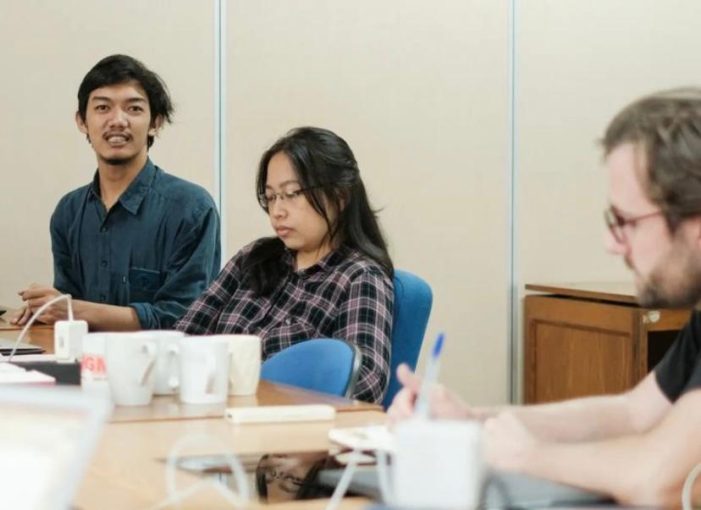
On July 4-7, 2024, the Department of Anthropology held a Mega-Infrastructure Workshop with the main speakers, David Fernando Bachrach from University Boulder Colorado and Professor Pujo Semedi. This activity aims to open interest in anthropological research on mega-infrastructure. Mega-infrastructure refers to infrastructure projects that have a large scale and high complexity such as the construction of toll roads, bridges, ports, airports, power plants, mass transportation systems, and other projects that play an important role in supporting the economic growth of a country or region. While providing great benefits in the long run, mega-infrastructure projects often face challenges and controversies. Some of them can have significant environmental impacts, such as deforestation, land degradation, or pollution. In addition, these projects can also affect local communities, either positively or negatively, such as population displacement or changes in traditional living patterns.
The workshop provided a deep insight into the social, economic and cultural complexities involved in mega-infrastructure development. David Fernando Bachrach discussed the impact of globalization and technology on modern infrastructure, while Professor Pujo Semedi highlighted the role of infrastructure in social transformation and local identity. The discussions and presentations from both presenters provided a strong basis for participants to develop research interests in anthropology related to how mega-infrastructure directly and indirectly affects people’s lives. This workshop is expected to be the start of further collaboration between researchers and practitioners to delve deeper into the challenges and opportunities associated with infrastructure development in a changing global context.

